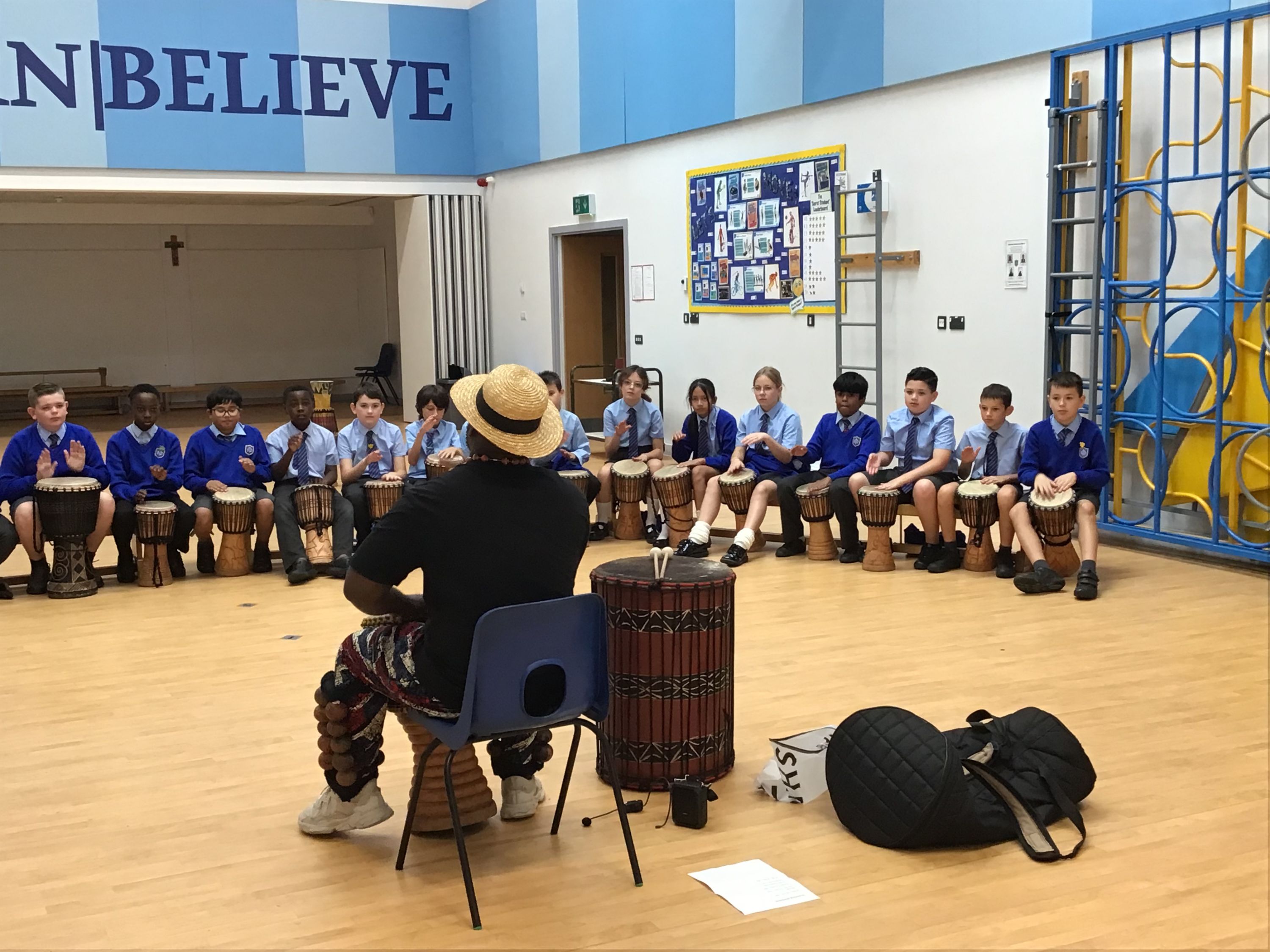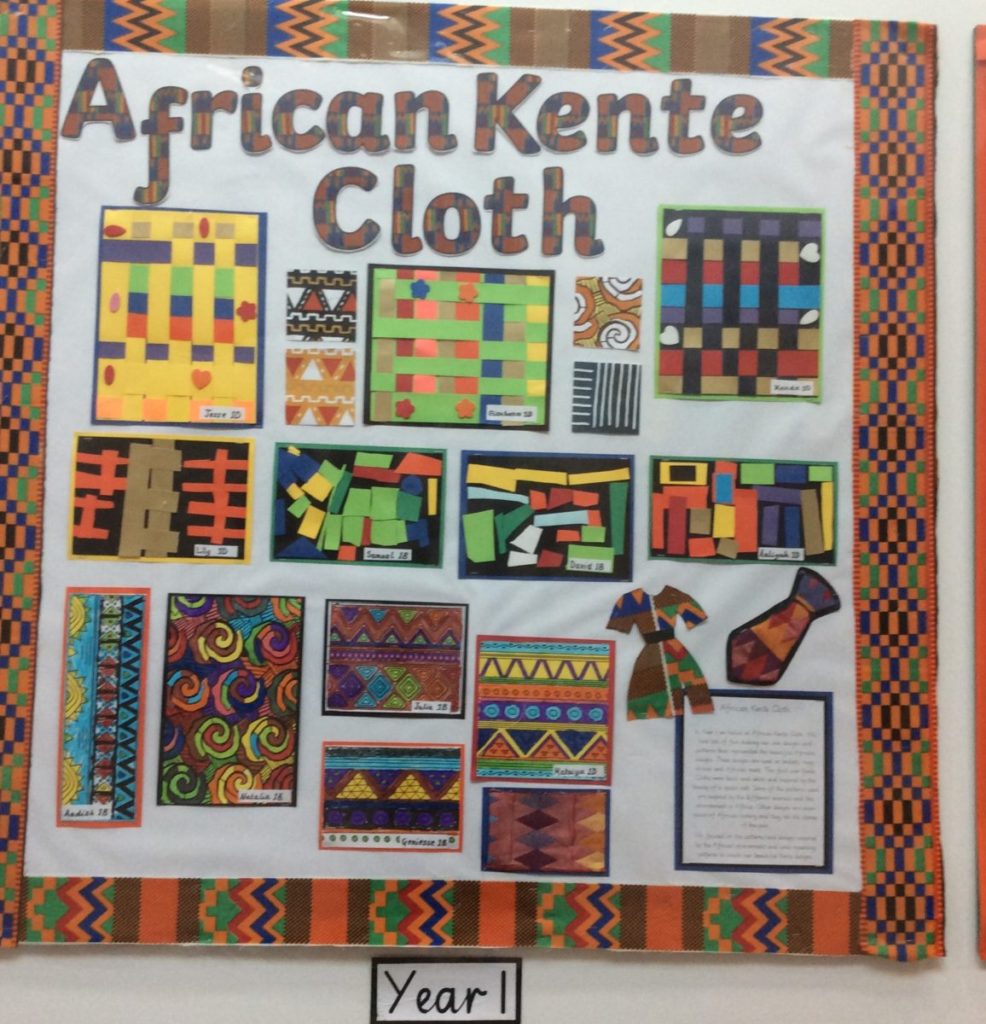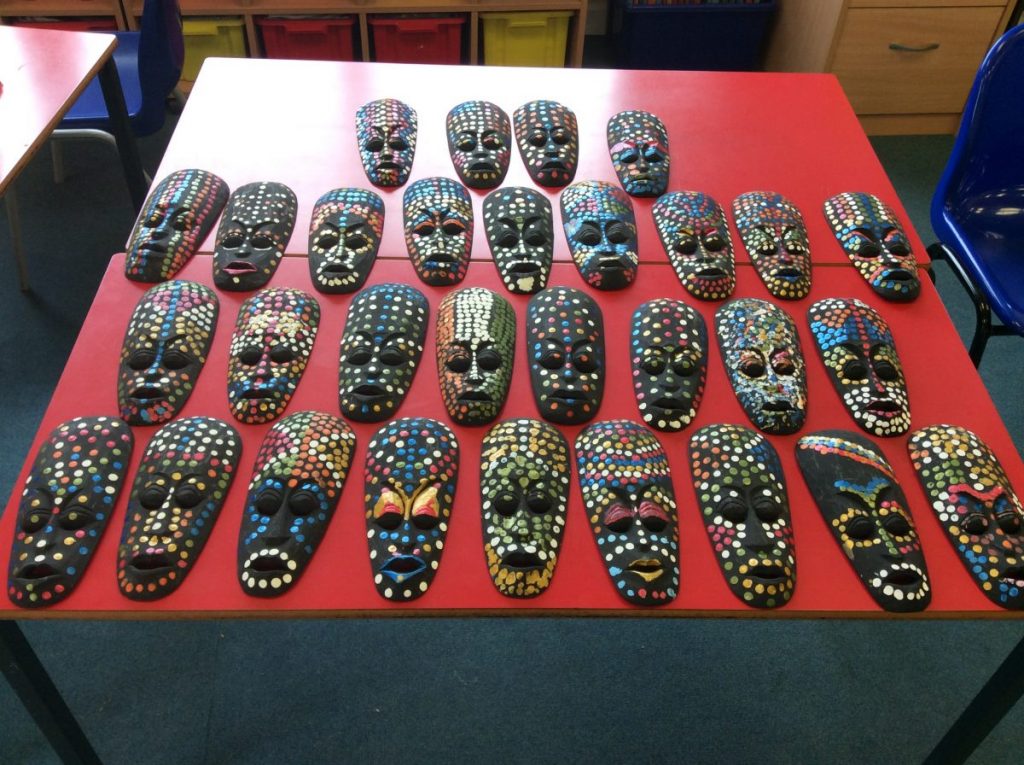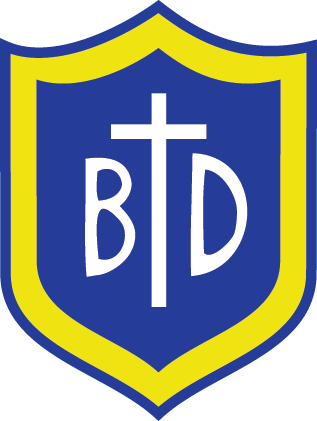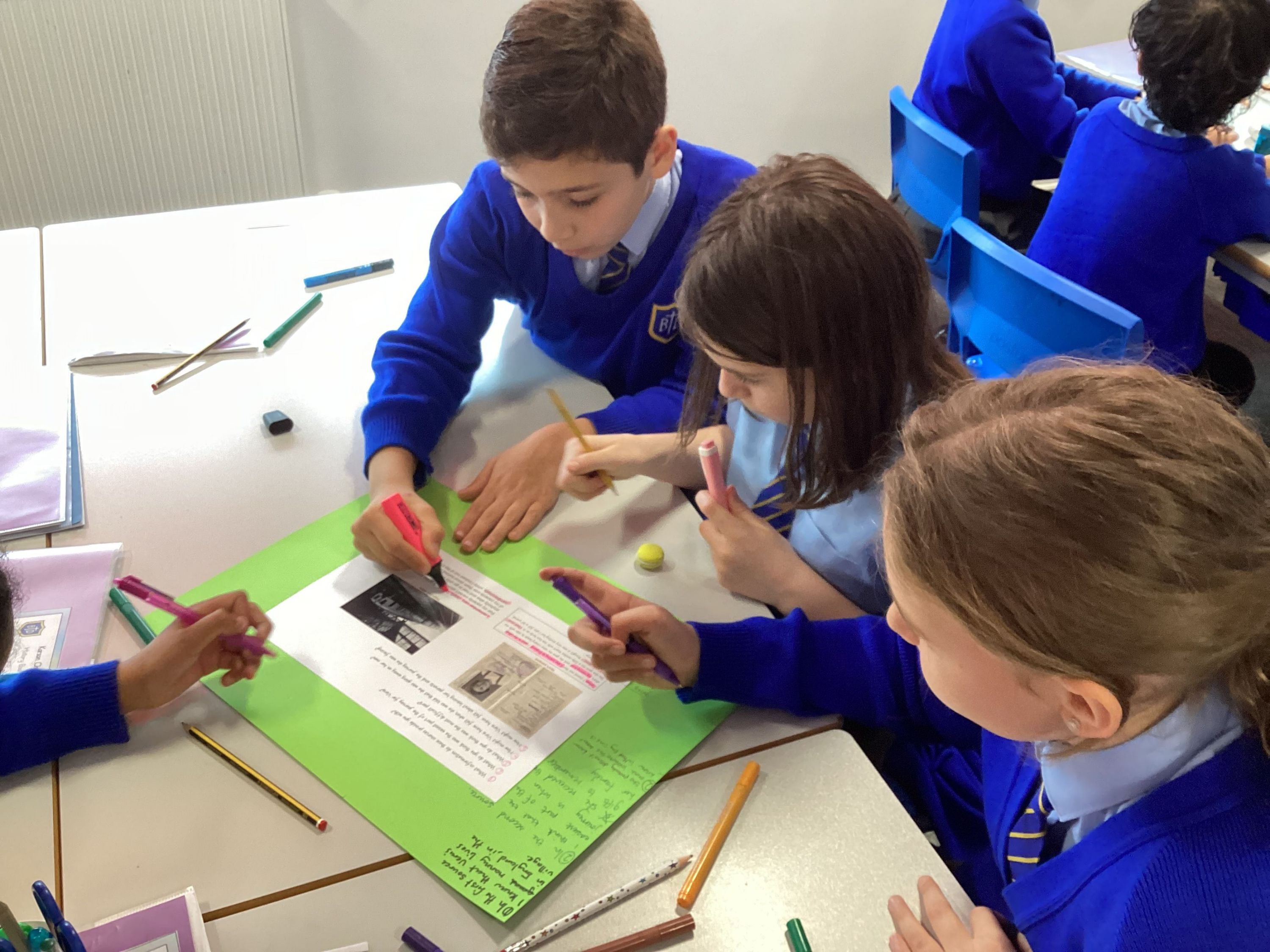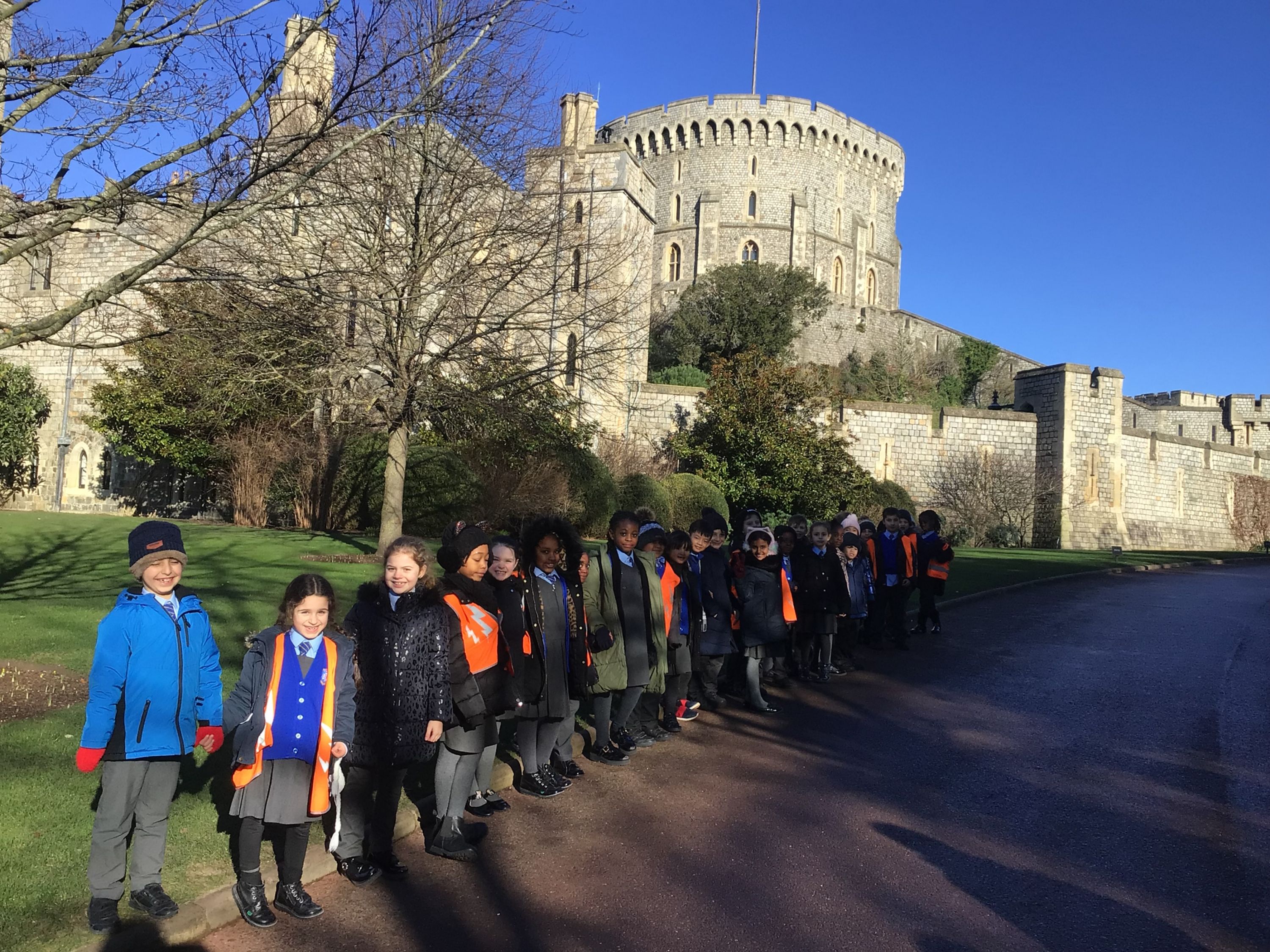History
History Vision
At Blessed Dominic Catholic Primary School, we study History to ensure pupils gain a coherent knowledge and understanding of Britain’s past and the past that shapes our wider world. We want every child to be able to make real life links between the world they live in and the past and understand the direct impact of history on our modern world.
We aim to inspire pupils’ curiosity to know more about the past by asking questions, thinking critically when studying the past and analysing evidence considering the context of the historical time period. Pupils should gain an understanding of their own history and the history of others across the world. Pupils will be able to place events in a chronological order, showing an understanding of British history and the wider world. Pupils should also develop their own perspective and judgements. Our vision and values within this school link to our teaching of History as the children collaborate, reflect, and think about the past and the impact that events will have on the future.
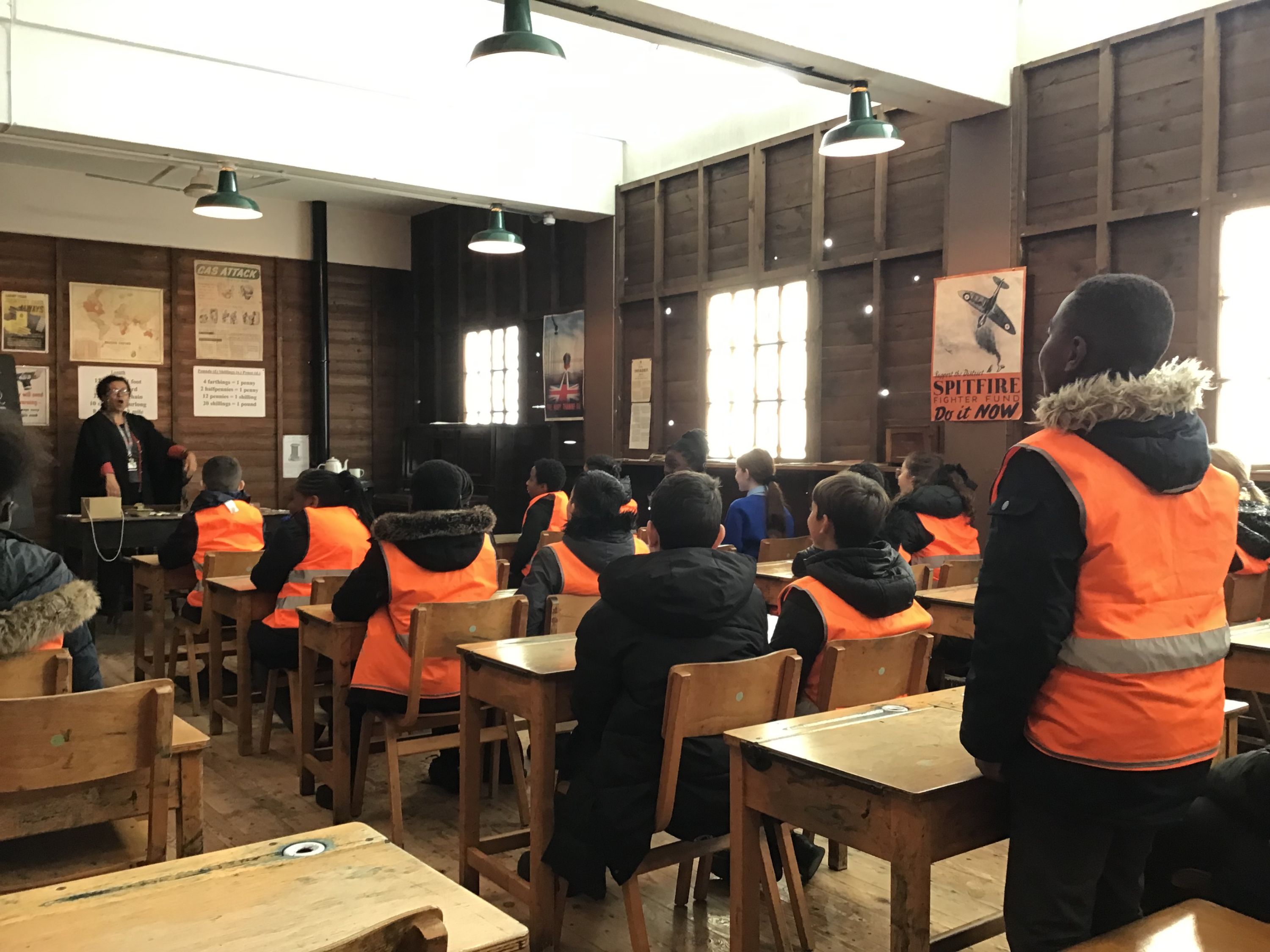
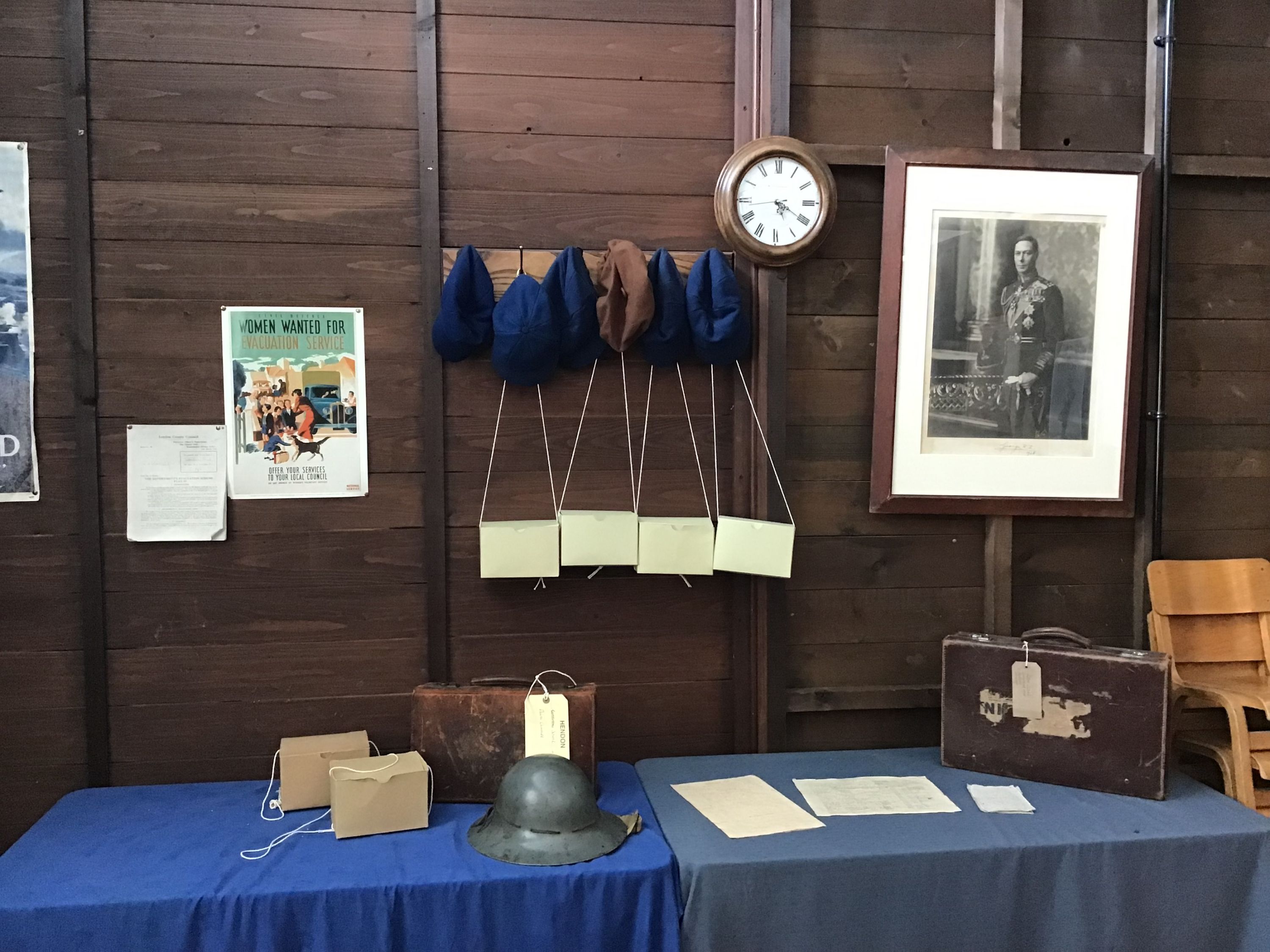
Characteristics of a Historian
At Blessed Dominic Catholic Primary School, we are Historians. We have…
- an excellent knowledge and understanding of people, events, and contexts from a range of historical periods and of historical concepts and processes.
- the ability to think critically about history and communicate ideas very confidently in styles appropriate to a range of audiences.
- the ability to consistently support, evaluate and challenge their own and others’ views using detailed, appropriate and accurate historical evidence derived from a range of sources.
- the ability to think, reflect, debate, discuss and evaluate the past, formulating and refining questions and lines of enquiry.
- a passion for history and an enthusiastic engagement in learning, which develops their sense of curiosity about the past and their understanding of how and why people interpret the past in different ways.
- a respect for historical evidence and the ability to make robust and critical use of it to support their explanations and judgements.
- a desire to embrace challenging activities, including opportunities to undertake high-quality research across a range of history topics.
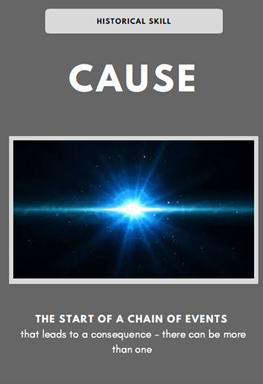
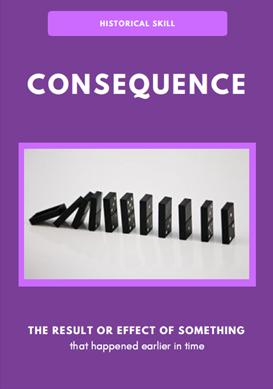
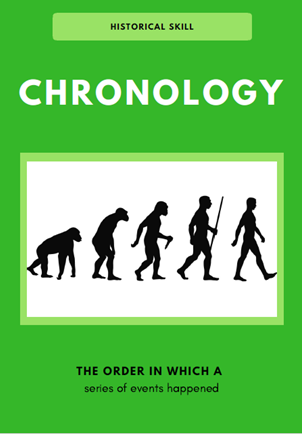
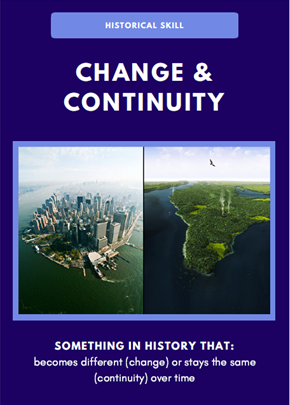
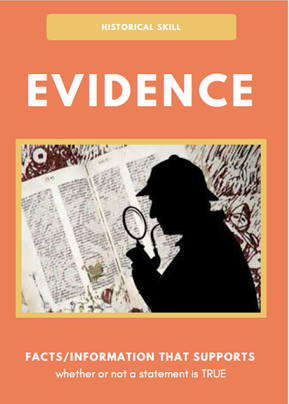
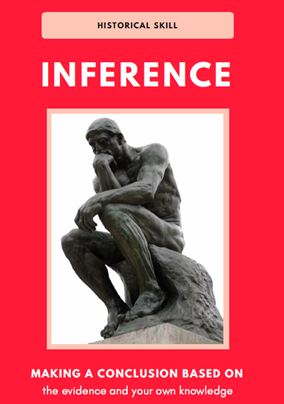

What does this look like at Blessed Dominic Catholic Primary School in…
EYFS
Pupils in EYFS are guided to make sense of their physical world and their community. We value children’s wide-ranging experiences outside of school and strive to provide them with a wealth of experiences during their time in school to increase their knowledge and sense of the world around them – from visiting local parks, shops, libraries to meeting important members of society such as police officers, nurses and firefighters. Our EYFS curriculum is …..
KS1
Pupils should develop an awareness of the past, using common words and phrases relating to the passing of time. They should know where the people and events they study fit within a chronological framework and identify similarities and differences between ways of life in different periods. They should use a wide vocabulary of everyday historical terms. They should ask and answer questions, choosing and using parts of stories and other sources to show that they know and understand key features of events. They should understand some of the ways in which we find out about the past and identify different ways in which it is represented.
KS2
Pupils should continue to develop a chronologically secure knowledge and understanding of British, local and world history, establishing clear narratives within and across the periods they study. They should note connections, contrasts and trends over time and develop the appropriate use of historical terms. They should regularly address and sometimes devise historically valid questions about change, cause, similarity and difference, and significance. They should construct informed responses that involve thoughtful selection and organisation of relevant historical information. They should understand how our knowledge of the past is constructed from a range of sources.
Memorable experiences and whole school events
Our History curriculum is taught through exciting lessons, which engage and captivate pupils so that they absorb the learning and retain it. Whole school initiatives, such as Black History Week and Remembrance Day give children the opportunity to feel a sense of unity in the school and is a good way of not only showcasing pupils work, but also showing the progression of learning throughout the school.
Cross Curricular
Teachers are encouraged to make links with other areas of the curriculum so that history learning can be embedded and pupils are immersed in their learning. Sound content knowledge also allows pupils the opportunity to complete some excellent pieces of work in areas such as writing, computing and PSHE work.
Trips and extra curricular opportunities
Trips and visitors will enhance learning. It will provide pupils with memorable experiences and enhance their learning experience.
Planning
Teachers plan lessons to ensure there is a progression of learning that includes providing memorable experiences and knowledge and professional experience can be shared. Our History Curriculum is high quality, well-thought-out and is planned to demonstrate progression. If children are keeping up with the curriculum, they are deemed to be making good or better progress.
Assessment
Assessments will take the form of quizzes, end of unit pieces of work and teacher assessments throughout the unit. The subject leader will be updated half termly of standards in the subject across all year groups.
Challenge
All pupils, especially those with sound understanding, will be challenged and given the opportunity to deepen and broaden their learning. Teachers will give pupils the opportunity to apply their skills in lessons independently.
Impact
At Blessed Dominic Catholic Primary School, we measure the impact of our curriculum through the following methods:
Pupil Voice
Pupils will show through questionnaires, pupil conferencing and focus groups their understanding and enjoyment of the subject.
Evidence
Books will show work which reflects pupil’s age and ability. Progression both within and between year groups will be evident and quality of work is consistent. A range of knowledge, skills and activities to apply these will be apparent and evidence of practical activities and trips which support learning will also be evidenced.
Outcomes
Outcomes of work will reflect those planned. The National Curriculum objectives will be met. Outcomes will reflect the age and ability of pupils. Pupils will have access to a broad range of activities and outcomes will reflect the well planned and delivered curriculum.
Year 2 visit to Windsor Castle
Black History Month
